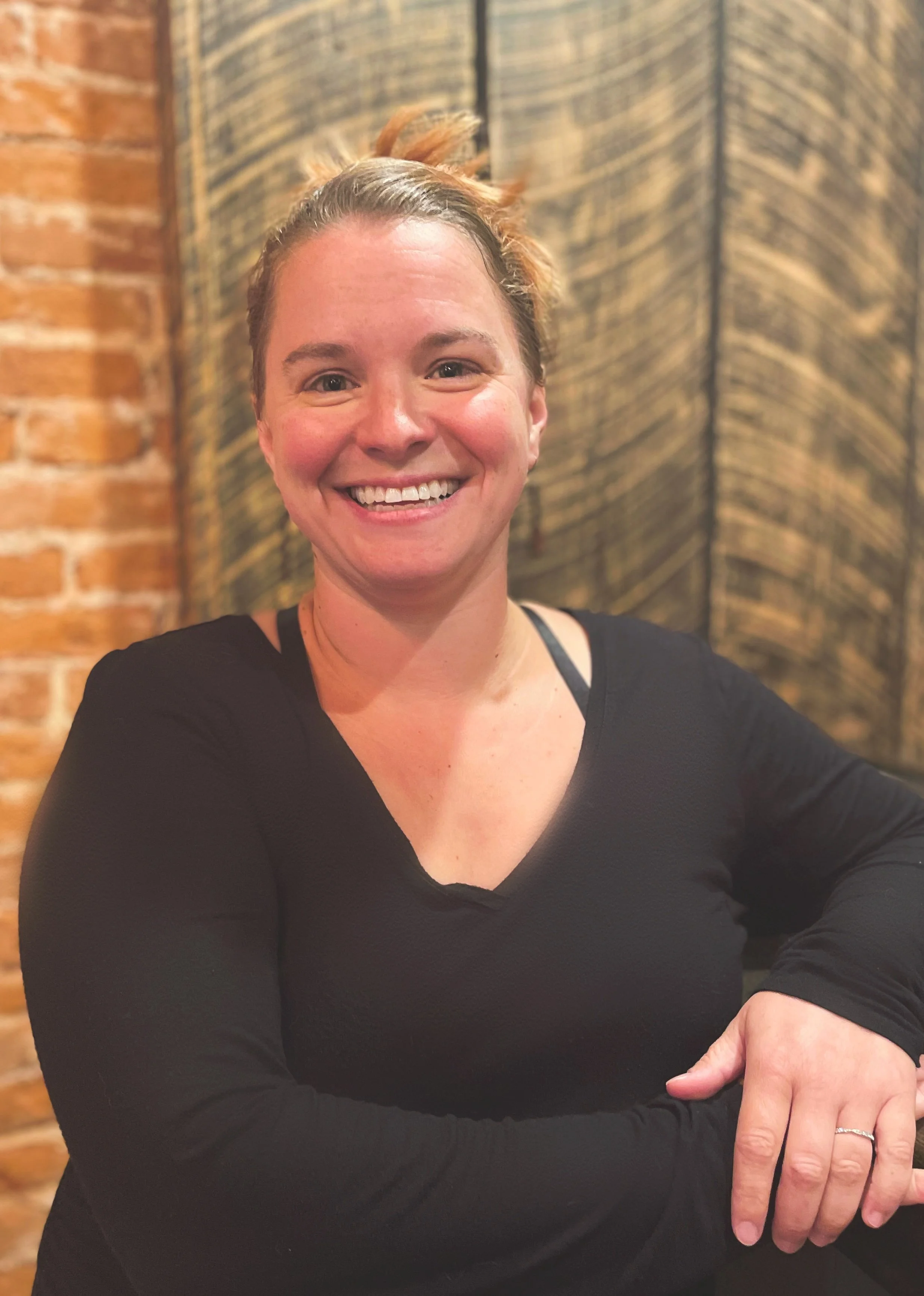How Do We Identify Our Needs?
/So often when we are feeling frustrated in life with our jobs, families or other relationships, we end up feeling the same thing over and over again but aren’t able to identify in those moments what is familiar. Because of this, we can tend to either ignore those feelings and begin to have a pattern of dealing with that person or circumstance that often leads to feeling those same feelings over and over again without any real resolution or positive outcome. I often talk to clients that knowing how to express and communicate the change we need to feel or see is the first step towards moving into a new pattern of communication.
Read More




